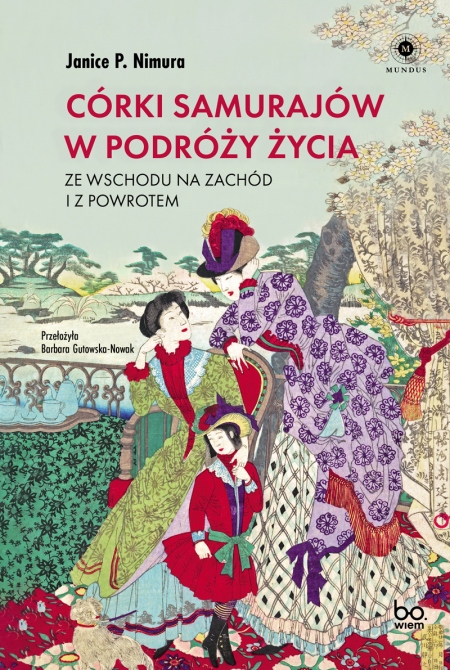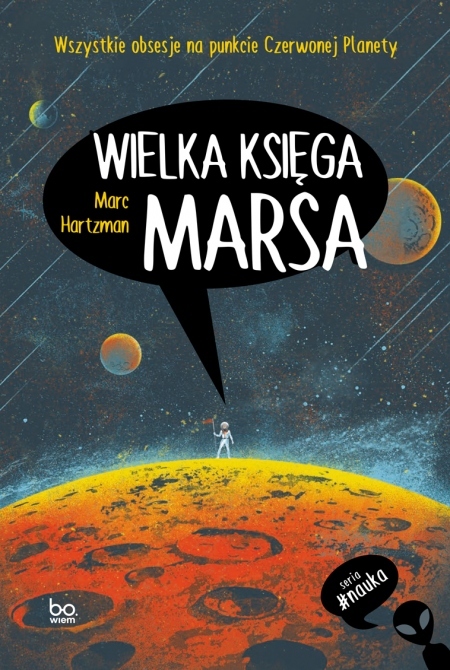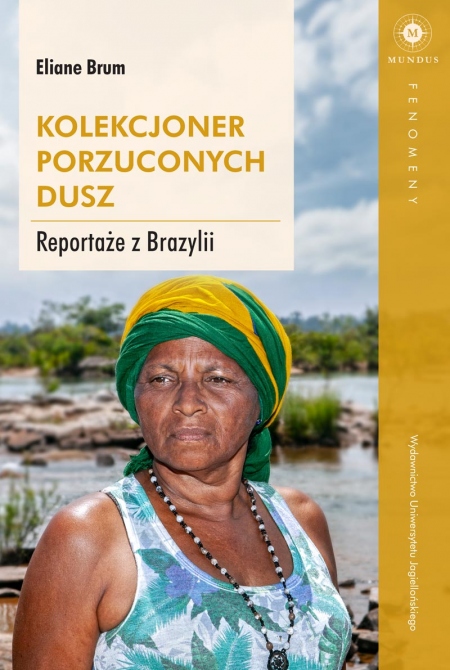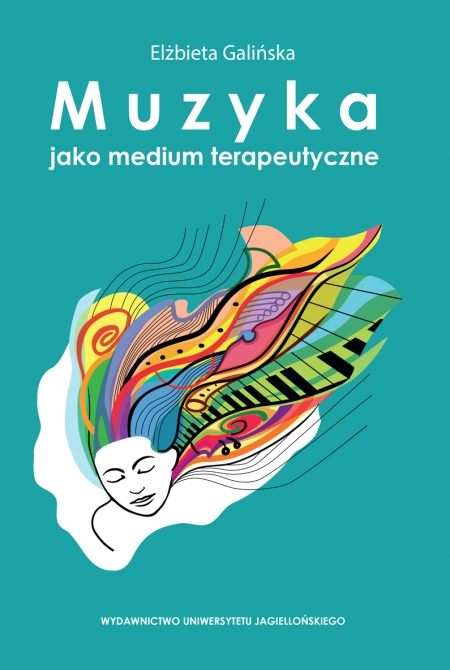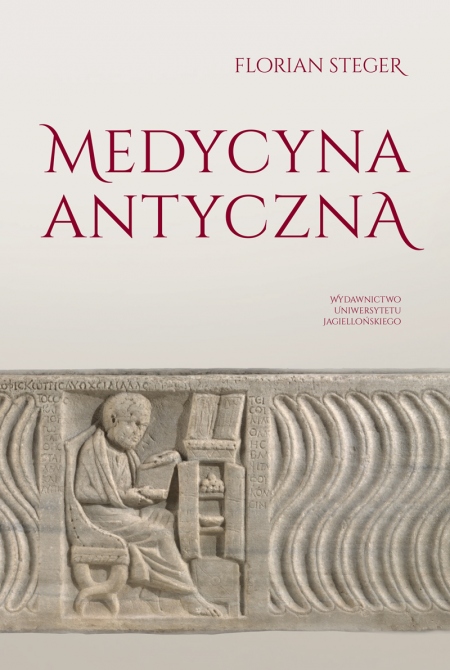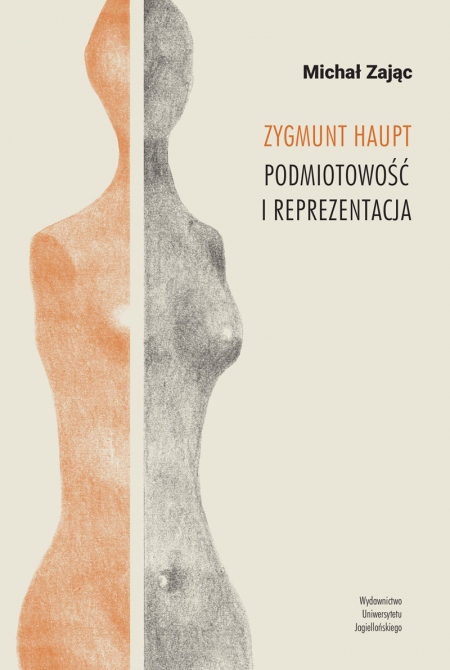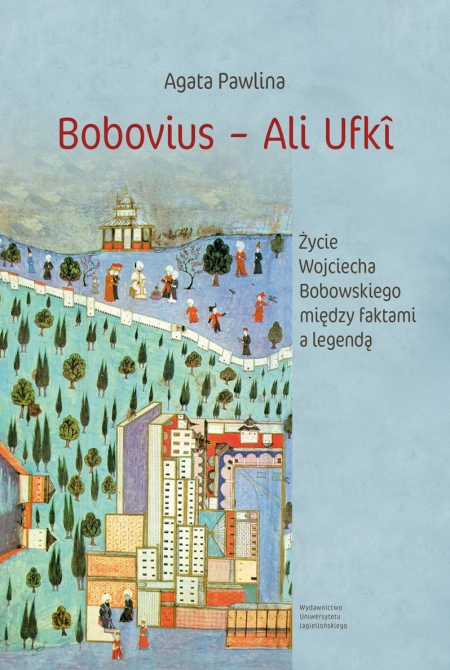
Bobovius ‒ Ali Ufkî
Życie Wojciecha Bobowskiego między faktami a legendą
Pages: 276
Book format: 15,8x23,5 cm
Publication date: 2023
Release date: 06.11.2023
Book description
The aim of this book is to familiarise readers with the biography of Wojciech Bobowski (1610?-1675?) - known as Albertus Bobovius and Ali Ufkî - and to present Polish version of one of his numerous works: Serai Enderum (1665). Bobovius’s legacy has been a subject of interest to international academia, especially to linguists, musicologists, historians and anthropologists for several decades, but until now none of his writings have been published in their entirety in Polish.
In the first part, the author presents a new version of Bobowski’s biography, which she has updated on the basis of her archival research in Poland and Ukraine and information derived from clues hidden between the lines of Serai Enderum ‒ Bobovius’ first-person account of life in the main residence of the Turkish sultan in Constantinople. Polish translation of the “London” manuscript of this work (MS Harley 3409, British Library, Western Manuscripts Collection) with an extensive commentary regarding historical, socio-cultural and musicological, as well as textual and linguistic aspects of the analysed text, constitutes the second part of the monograph. It is illustrated with Ottoman minatures and European drawings from the period to give a better idea of how life might have looked like at the Topkapı Palace in the 17th century. The third part of the book provides a glossary of more than 300 Ottoman Turkish words and several phrases gathered from Serai Enderum.
Three appendices (1. a timeline of Wojciech Bobowski’s life, 2. photocopies of archival material discovered by the author in Poland and Ukraine, and 3. a critical edition of a novel by Stanisław Jaszowski entitled Albert Bobowski renegat polski, written in 1829) summarise and enrich the results of the author’s research presented in the monograph, which she carried out within the framework of a project funded by the National Science Centre, Poland in the years 2019-2023 (project number: 2018/29/N/HS2/01686).
In the first part, the author presents a new version of Bobowski’s biography, which she has updated on the basis of her archival research in Poland and Ukraine and information derived from clues hidden between the lines of Serai Enderum ‒ Bobovius’ first-person account of life in the main residence of the Turkish sultan in Constantinople. Polish translation of the “London” manuscript of this work (MS Harley 3409, British Library, Western Manuscripts Collection) with an extensive commentary regarding historical, socio-cultural and musicological, as well as textual and linguistic aspects of the analysed text, constitutes the second part of the monograph. It is illustrated with Ottoman minatures and European drawings from the period to give a better idea of how life might have looked like at the Topkapı Palace in the 17th century. The third part of the book provides a glossary of more than 300 Ottoman Turkish words and several phrases gathered from Serai Enderum.
Three appendices (1. a timeline of Wojciech Bobowski’s life, 2. photocopies of archival material discovered by the author in Poland and Ukraine, and 3. a critical edition of a novel by Stanisław Jaszowski entitled Albert Bobowski renegat polski, written in 1829) summarise and enrich the results of the author’s research presented in the monograph, which she carried out within the framework of a project funded by the National Science Centre, Poland in the years 2019-2023 (project number: 2018/29/N/HS2/01686).
Abour author
Agata Pawlina, expert in the field of Linguistics - Turkish Studies at the Faculty of Philology of Jagiellonian University. She has authored a PhD dissertation on the Ottoman Turkish and Turkish music terminology and numerous publications on this and related topics. She is a confident presenter and teacher, able to impart complex information to audiences of all levels. She is a speaker at numerous Polish and international conferences in the fields of Oriental Studies, Linguistics and Musicology. Agata is also a trained classical singer which combined with expertise in Turkic linguistics gives her a unique perspective for research in the interdisciplinary field of music terminology used by musicians and researchers in the regions of Middle East and Central Asia.
2022 she was awarded with a prestigious scholarship START 2022 for outstanding young researchers funded by The Foundation for Polish Science.
2019-2023 she was a Principal Investigator in a research grant funded by The National Science Centre, Poland entitled "Musical Culture of the Ottoman Sultan’s Court in 17th Century Based on Writings of Wojciech Bobowski (vel. Ali Ufki, Bobovius)" (ID: 2018/29/N/HS2/01686).
Since 2015 she teaches Turkish language on BA and MA programmes at the Institute of Oriental Studies - Chair of Turkology (Jagiellonian University).
In 2014 she graduated cum laude from the Jagiellonian University in the field of Oriental Studies – Turkish Studies. Her Master thesis was entitled “Musial Terminology in Modern Turkish. Classical Music”.
In 2015 she graduated from The Karol Lipiński Academy of Music in Wrocław, Poland in the field of Vocal Studies. Her Bachelor thesis was entitled “Orientalism in music”.
During her studies she was being awarded by the Dean of the Faculty of Philology and the Rector of the Jagiellonian University with multiple scholarships and funding for her research purposes. From 2016 she actively supported PhD students at the Jagiellonian University as a board member of the PhD Students Association and also as PhD Candidates' representative in the Faculty Board (Faculty of Philology) and in the Board of the Institute of Oriental Studies.
2022 she was awarded with a prestigious scholarship START 2022 for outstanding young researchers funded by The Foundation for Polish Science.
2019-2023 she was a Principal Investigator in a research grant funded by The National Science Centre, Poland entitled "Musical Culture of the Ottoman Sultan’s Court in 17th Century Based on Writings of Wojciech Bobowski (vel. Ali Ufki, Bobovius)" (ID: 2018/29/N/HS2/01686).
Since 2015 she teaches Turkish language on BA and MA programmes at the Institute of Oriental Studies - Chair of Turkology (Jagiellonian University).
In 2014 she graduated cum laude from the Jagiellonian University in the field of Oriental Studies – Turkish Studies. Her Master thesis was entitled “Musial Terminology in Modern Turkish. Classical Music”.
In 2015 she graduated from The Karol Lipiński Academy of Music in Wrocław, Poland in the field of Vocal Studies. Her Bachelor thesis was entitled “Orientalism in music”.
During her studies she was being awarded by the Dean of the Faculty of Philology and the Rector of the Jagiellonian University with multiple scholarships and funding for her research purposes. From 2016 she actively supported PhD students at the Jagiellonian University as a board member of the PhD Students Association and also as PhD Candidates' representative in the Faculty Board (Faculty of Philology) and in the Board of the Institute of Oriental Studies.
ISBN: 978-83-233-5261-7
e-ISBN (pdf): 978-83-233-7465-7
Country of producer: Poland
RECOMMENDED BOOKS
NEW BOOKS

Choose chapters to buy:
Order value:
0.00 zł
